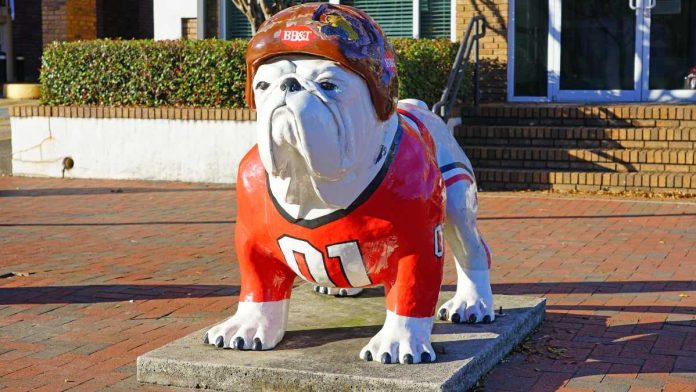Georgia lawmakers failed to pass a pair of sports betting measures before the end of the state’s legislative session.
On Thursday, members of the Georgia House failed to pass Senate Bill 386 and its companion measure, Senate Resolution 579. The two bills, backed by Sen. Bill Cowsert and others, proposed to regulate online sports in Georgia through a constitutional amendment. The constitutional amendment, SR 579, provided eligible voters with the opportunity to vote on the fate of sports wagering in the Peach State later this year.
SR 579 and its enabling legislation, SB 386, were passed in the Georgia House Higher Education Committee before moving to the lower chamber’s Rules Committee. In the Rules Committee, the two measures failed to be heard before Sine Die on March 28.
Long process comes to an end in Georgia
The measures were continuing to be amended with the House committee proposing more changes on Wednesday to how sports betting revenue is distributed. Committee members proposed to allocate 15% of tax revenue toward a responsible gaming fund. The fund was to be capped at $150 million with the remaining 85% of tax revenue deposited into the Educational Opportunity Fund, which supports pre-k and HOPE Scholarships.
Another revenue change was also considered. Rep. Sam Park proposed an amendment that allocated 35% of sports betting revenue to Georgia households with below median incomes with another 35% dished out to rural counties across the Peach State.
Park also proposed 25% to go toward pre-K and another 5% to invest in problem gambling.
Previous iterations of SB 386 called for 80% of tax revenue from sports wagering to be allocated toward supporting pre-K and HOPE Scholarships and 15% deposited into a responsible gambling fund. Another 5% was to be directed into a sports promotion fund to bring major events to Georgia, including the Olympics, Super Bowl and Final Four.
Lawmakers had also amended SB 386’s revenue distribution model into a consolidated fund, which provided general support to pre-k, capital improvements, and education.
“This is an opportunity to tax a certain person that is currently probably not getting taxed in the lottery system,” said Rep. Kasey Carpenter earlier this week during a Higher Education Committee hearing. “It’s going to provide funds that aren’t being provided for education in the long run and it will be better for all Georgians.”
Now, Georgia will have to wait until next year’s legislative session to potentially create an additional revenue stream.
Missed opportunity for operators in Georgia
SB 386 and SR 579 proposed to authorize up to 16 wagering licenses for operators with nine of those licenses secured through a partnership with a pro sports team or entity. Under the two bills, operators paid an initial $100,000 application fee and another $1 million annually if awarded market access. Licensed sportsbooks in Georgia were required to pay a 25% tax rate on sports betting revenue, which was amended from a previous tax rate of 20%. SB 386 excluded deductions for promotion credits in taxable income.
Fantasy sports operators were not included in the language of SB 386 or SR 579.













